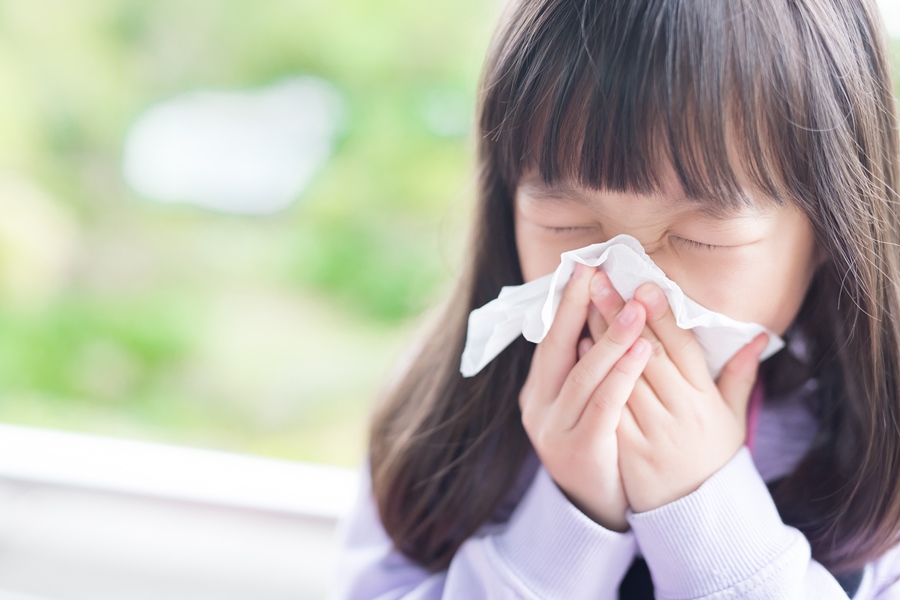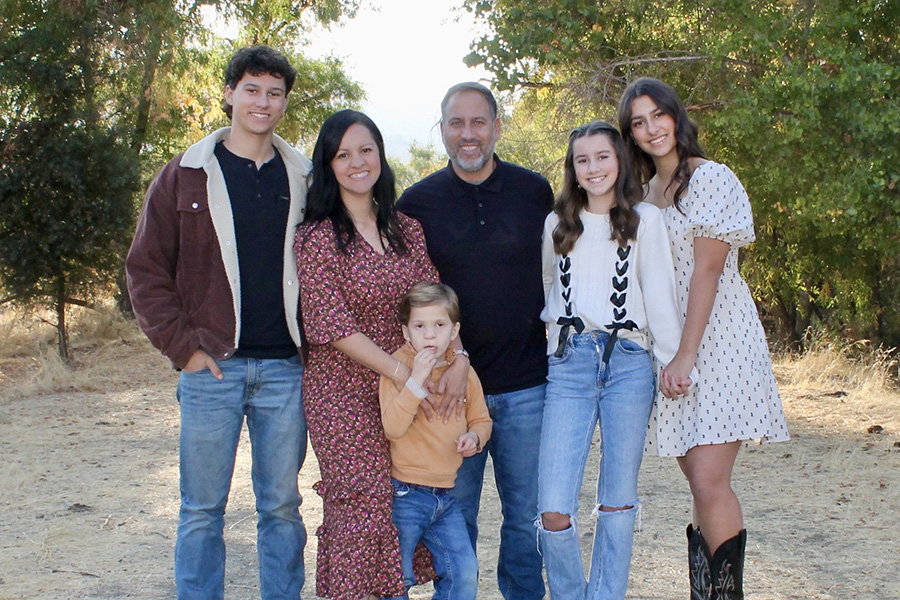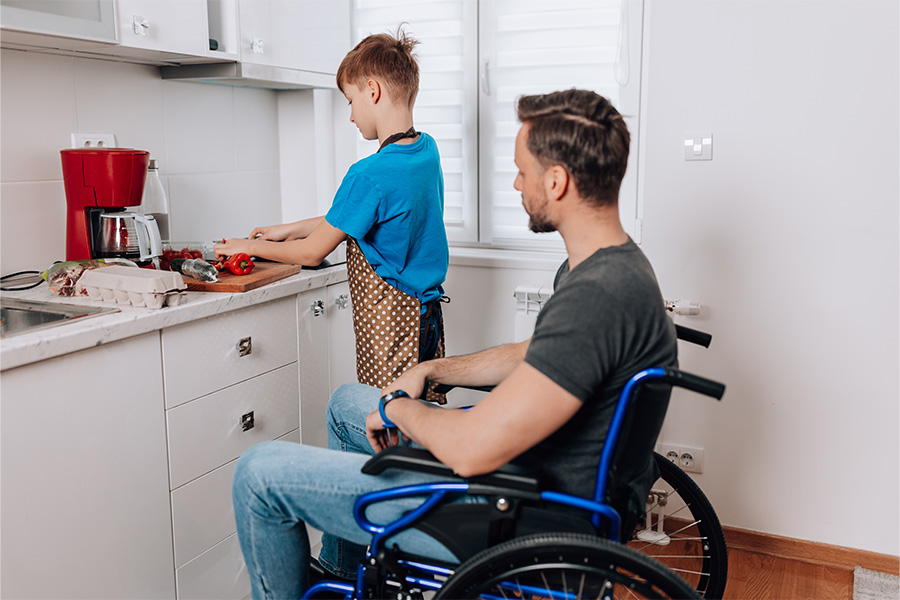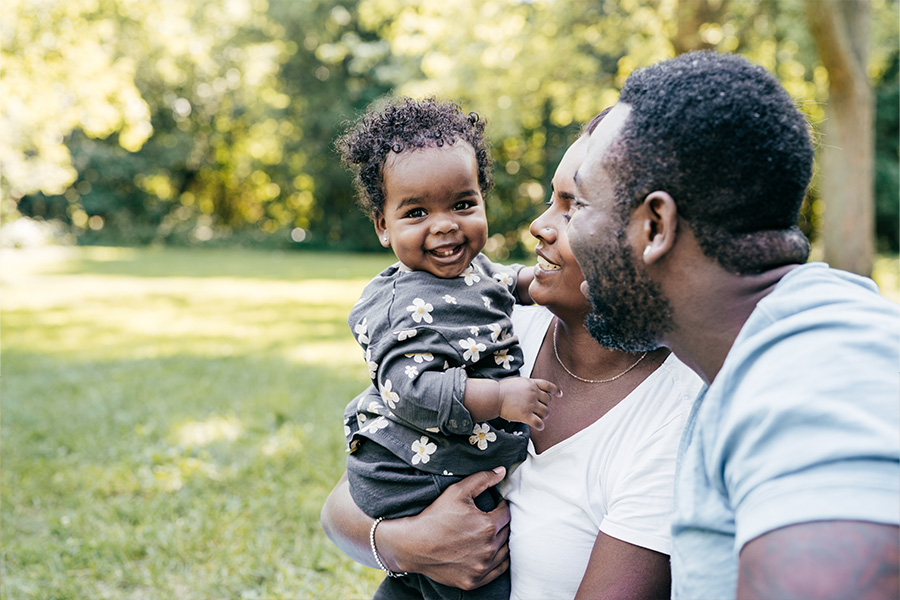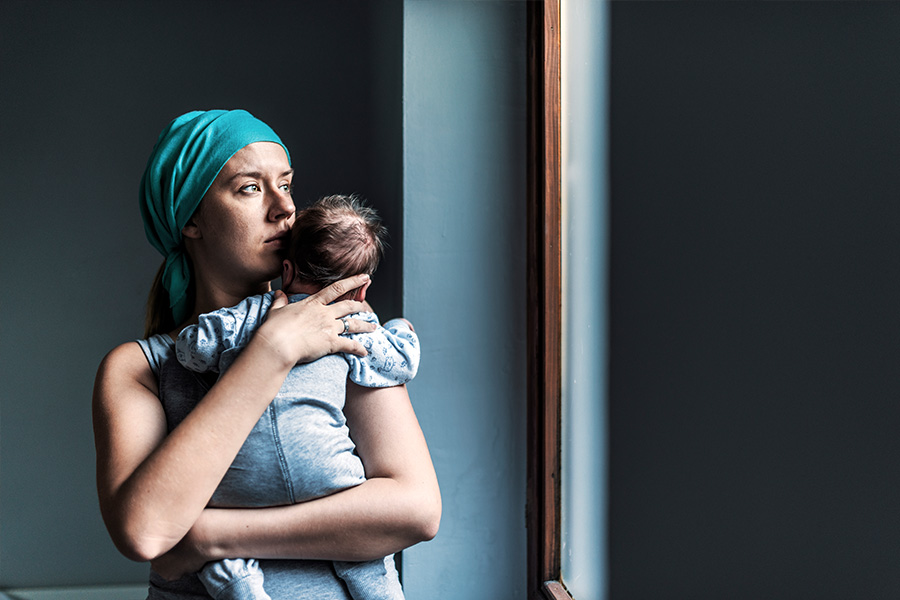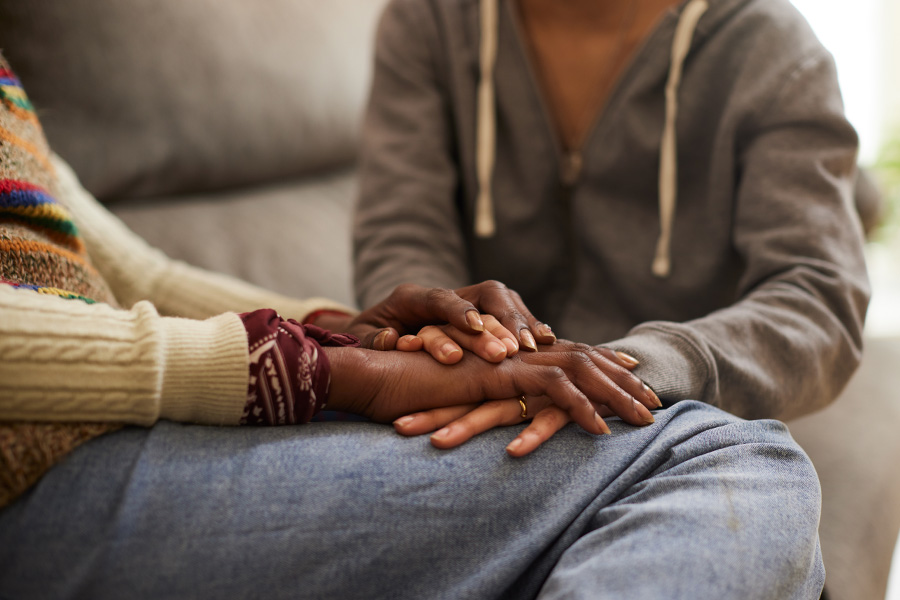Parents: Please Keep Your Sick Child at Home
The school year is about to begin, and shortly on its heels is the cold and flu season. For families like ours, the cold and flu season is a big deal. My son has a compromised immune system, which means that almost every cold winds up with a trip to the doctor and antibiotics. His vaccinations are up to date, but his titers show that he isn’t adequately protected from vaccine-preventable illnesses, and sometimes we can’t even tell when he’s really sick, because his body often cannot generate a fever, the hallmark of a serious infection.
Ben misses many days of school each year because of his lousy immune system, but what is even more frustrating is unnecessary exposure. All too often families break the common school rules and send their kids to school when they are too sick, or too soon after a sickness, and spread the germs that should be kept at home.
I have a family member who worked as a school nurse. During cold and flu season she could set her watch by the kids who walked into her office in the afternoon when the Tylenol or Ibuprofen that their parents gave them in the morning wore off and their fever spiked. Parents who knew their kids were sick gave them medication so that they wouldn’t miss school. I realize that people need to get to work and that school is childcare for many families, but it’s up to you to be prepared.
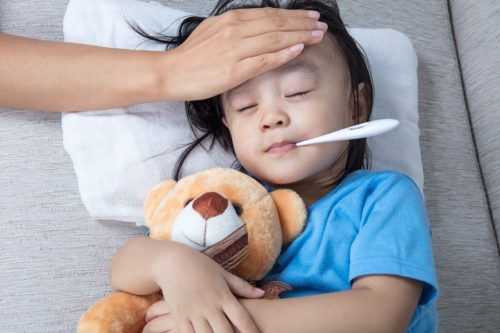
It’s crucial to have a backup plan for your sick child and avoid sending them to school.
- Plan ahead and have a family member or neighbor available for urgent situations during the cold and flu season, so that you’re less likely to get stuck.
- Check with your employer to see what their policy is. If you know the policies on switching shifts, working at home and absences, when the inevitable happens, you’ll already be aware of your options.
- Know the school’s policy. Most schools ask parents to keep children home for at least 24 hours after the last fever, diarrhea or vomiting episode. It’s a good idea to familiarize yourself with the school’s guidelines about when it’s safe to send your child back to school. When in doubt, ask the teacher, who will be happy to fill you in on the school rules, and their own preferred practice.
When you’re prepared with a plan, your child won’t suffer by being made to go to school when they aren’t fully well, and they won’t spread the crud to their friends, especially those who lack the ability to fight it.
It’s not up to you to keep my child healthy, but it truly does take a village. I am doing my part to make sure that not only my child, but his entire class and school have a safe and healthy cold and flu season. Won’t you join us?






